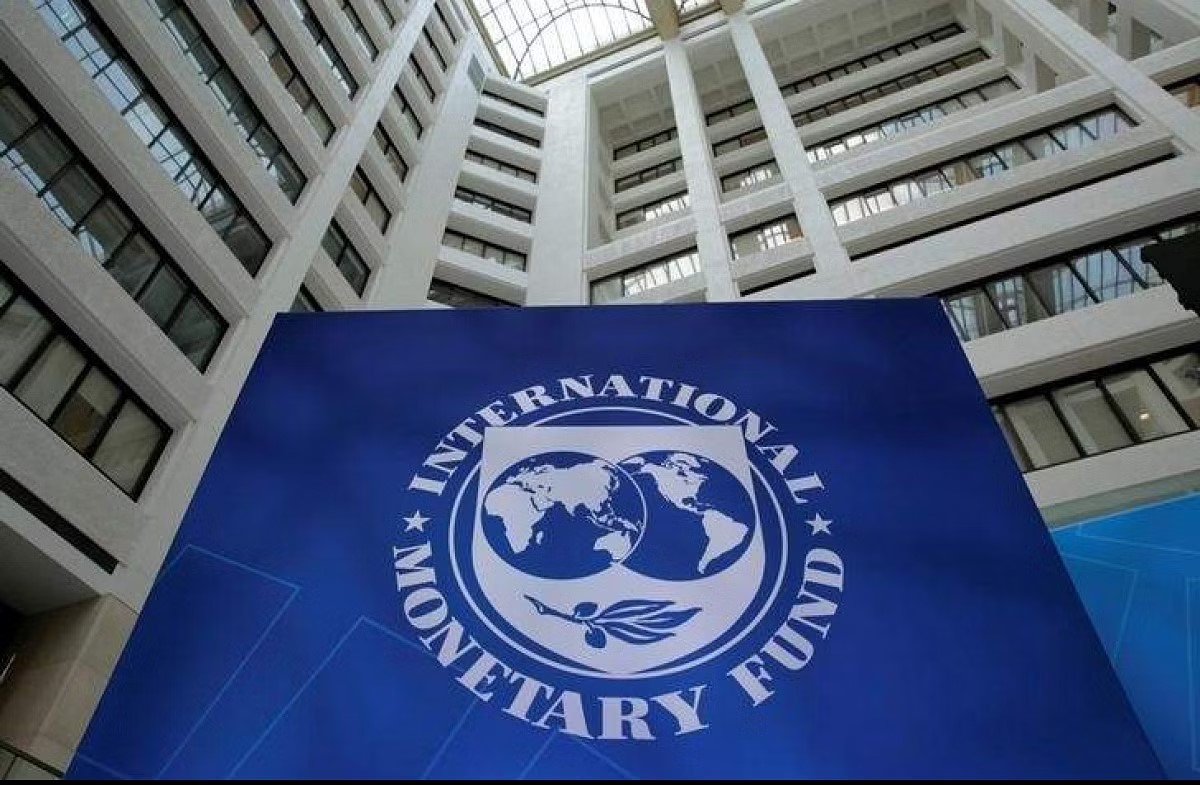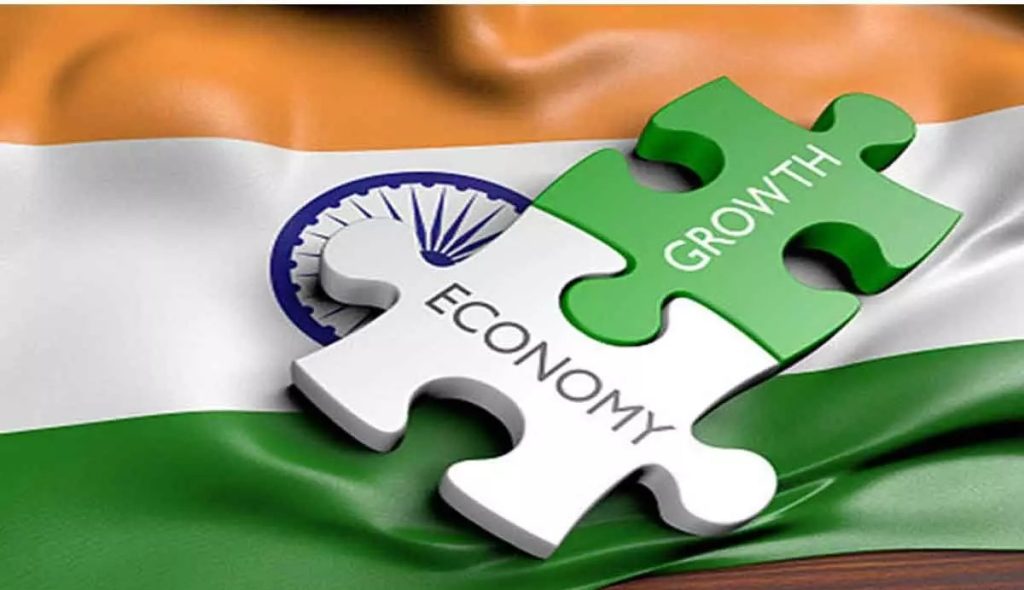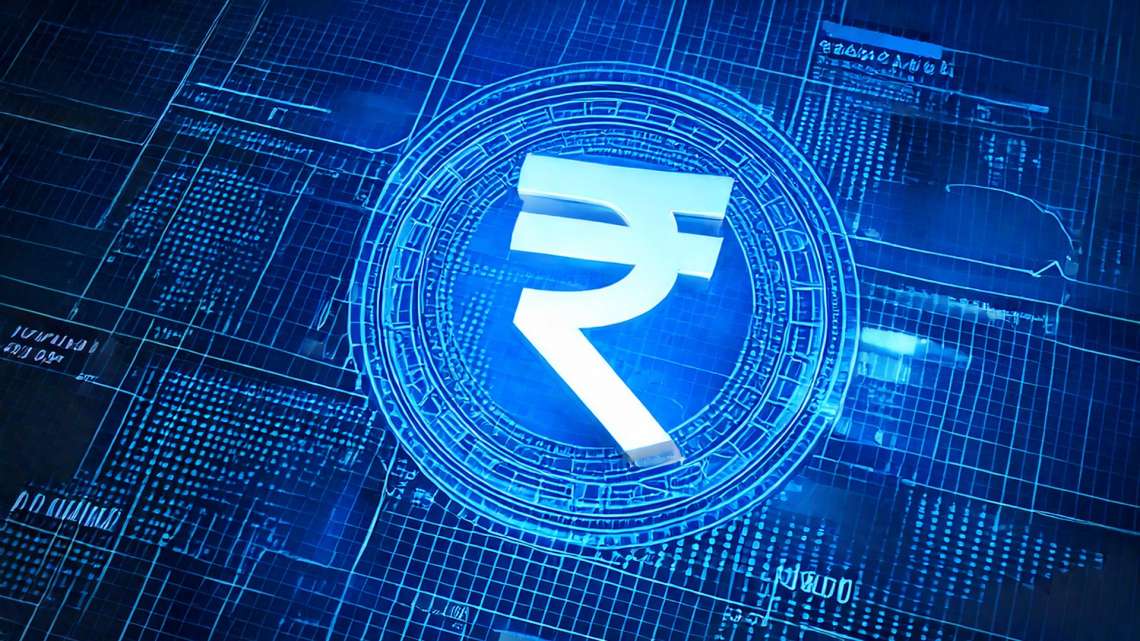Empirical findings show that medium-term complementarities between judicious fiscal consolidation and growth outweigh the short-run costs….reports Asian Lite News
RBI economists, in a report released on Tuesday, rejected the IMF view that India’s debt-GDP ratio has the potential of shooting past 100 per cent if historical shocks materialise and hence the country needs to go cut government expenditure.
In an article in the RBI bulletin, the economists including RBI Deputy Governor Michael Patra said: “Our simulations reveal that the general government debt-GDP ratio swerves below the projected path set out by the IMF in its latest Article IV consultation report for India.”
With recalibration of government expenditure, the general government debt-GDP ratio is projected to decline to 73.4 per cent by 2030-31, around 5 percentage points lower than the IMF’s projected trajectory of 78.2 per cent, according to the article titled ‘The Shape of Growth Compatible Fiscal Consolidation’.
This is noteworthy as the debt-GDP ratio is projected to rise from 112.1 per cent in 2023 to 116.3 per cent in 2028 for advanced economies and from 68.3 per cent to 78.1 per cent for emerging and middle-income countries.
“It is in this context that we reject the IMF’s contention that if historical shocks materialise, India’s general government debt would exceed 100 per cent of GDP in the medium-term and hence further fiscal tightening is needed,” the RBI economists observe.
Empirical findings show that medium-term complementarities between judicious fiscal consolidation and growth outweigh the short-run costs. Spending on social and physical infrastructure, climate mitigation, digitalisation and skilling the labour force can yield long-lasting growth dividends, the article points out.
“Using a dynamic stochastic general equilibrium model, we find that if government expenditure is directed towards the above-mentioned segments, the debt-GDP ratio of the general government can decline substantially to 73.4 per cent of GDP by 2030-31,” the article reads.
The article also points out that the Interim Budget for 2024-25 places the gross fiscal deficit of the Union government at 5.1 per cent of GDP in 2024-25, in line with the target of 4.5 per cent of GDP by 2025-26.
“The impetus provided to capital expenditure in the post-pandemic period has been sustained by increasing its share to¬ 3.4 per cent of GDP,” it added.
ALSO READ: Tata Group Bets Big on Karnataka













